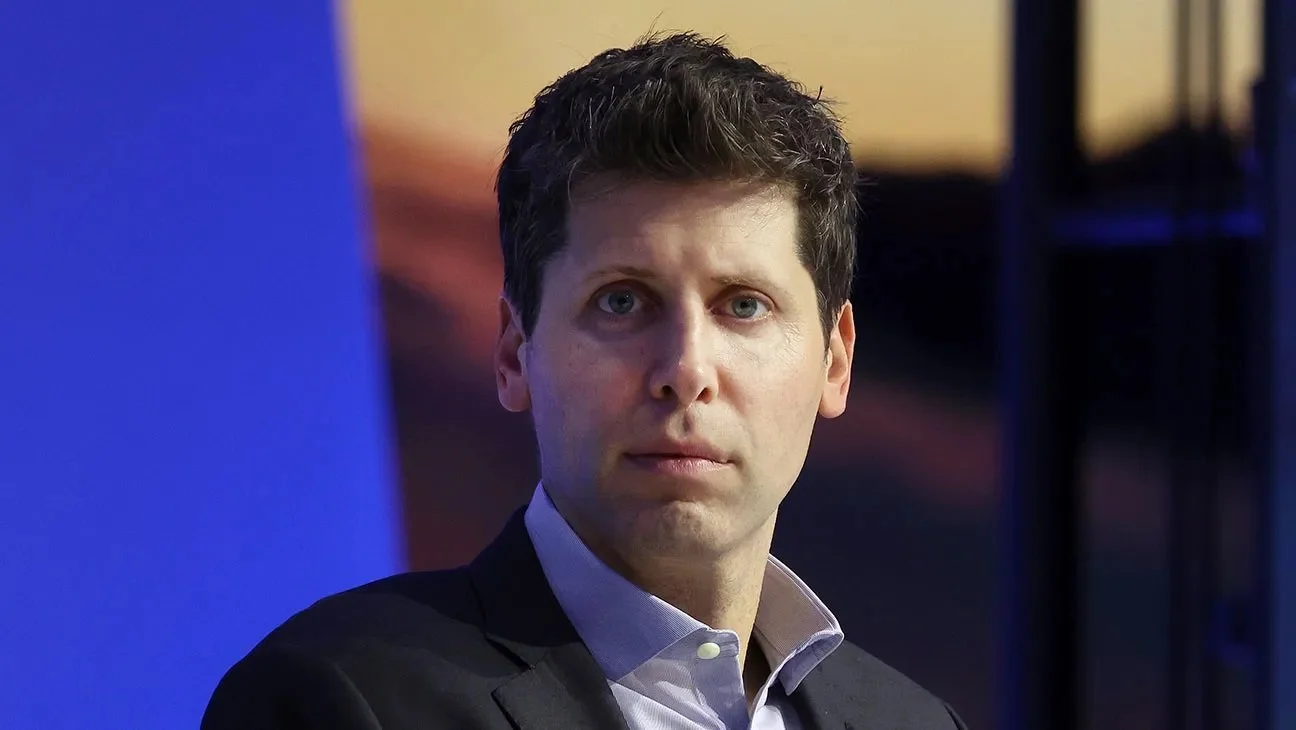Sam Is(n’t) the Man
Another Sam bites the dust.
After the recent conviction of Sam Bankman-Fried for fraud at FTX, Silicon Valley legend Sam Altman has been dumped as CEO by the board of OpenAI.
So far details about “why” are very thin.
However, given the close proximity of the events it is hard not to wonder whether they should be considered in a common light.
First, the similarities.
Young, highly-intelligent tech entrepreneurs in the United States - yes, both with the first name of Sam - achieve global renown thanks to the cutting-edge companies that they have built.
Both hold extremely dominant positions within their respective firms and both serve as popular spokespersons and figureheads for their respective industries.
Incidentally, both crypto and artificial intelligence stand to dramatically upend existing industries, and - in the case of the latter - the world in general as we know it.
In a relatively short period of time, both Sam Bankman-Fried and Sam Altman generate fabulous wealth for themselves, their investors and many others. Their platforms were used by millions of people around the world, making themselves and their companies, household names in many parts of the globe.
At the same time, they face growing competition from major brands who have both much to gain and also much to lose.
At the same time, FTX and OpenAI and their superstar leaders gathered hordes of high-profile friends, supporters and partners - from athletes to members of Congress to global industry leaders like Microsoft.
Then - almost overnight - things came crashing down.
Here the stories diverge - at least as far as we know.
SBF was found guilty of massive fraud in a court of law, a fact first exposed by hard-headed journalistic investigations. Altman was ousted by the board of his company, which claimed he had lost their trust. In the court of public opinion - at least that which resides in Silicon Valley - he is considered a hero and an unfortunate victim of corporate politics.
So is it all just a coincidence?
Far be it from me to conjure up any conspiracy theories. Real life is strange enough without hyperventilating imaginations.
But in light of these two recent “de-Samings,” it is interesting to consider a few deeper questions:
Does emerging tech combined with messianic-like leaders pose a threat to society?
On the surface maybe not. Western societies and western democracies are sophisticated enough that one company with one big ego won’t ruin everything. But it may be a different story when the same blueprint is copied over and over again, creating multiple high-powered, highly-profitable companies driven by a single person.
Or - when one such legendary figure builds (or acquires) multiple such companies. This leads to the next question…
Has the larger-than-life popularity - and work - of Elon Musk turned public opinion against so-called “visionary founders”?
Again - direct cause and effect may be difficult to prove beyond a shadow of a doubt. But here it is clear that Musk’s status in the tech and business world today has crystallised the authoritarian, big-boss model that Tesla’s CEO favors in all his enterprises.
Many emulate him and many fear him. Transfering those fears onto another up-and-coming figure like Altman - especially one in control of such a powerful technology platform like OpenAI - comes all too easily.
Are we entering an era of “build slowly and incrementally” instead of “move quickly and break things”?
While the political world has recently tilted towards centralized strongman dynamics - with growing hints of authoritarianism - another shift may be underway in the business world. After a generation of super-founders, CEOs and leaders powered companies like Microsoft, Apple and Facebook to untold heights, the world may be growing tired of the “big-name game.”
Or maybe in a more transparent age, with more and more opportunities to win big, the men (and women) at the top are not only more likely to have their selfish aims exposed, but more importantly, are more tempted overreach on their way up the ladder to fame, riches and glory.
In a time of less “free money”, more regulation and more geopolitical uncertainty, the world may value quiet(er) innovation over “go big or go home” disruption.
That has long been the hallmark of Switzerland and it has worked out quite well.
Then again - Steve Jobs was fired from Apple in 1985, only to make a roaring comeback 12 years later.
We may yet hear that famous line once again:
Play it again, Sam.

